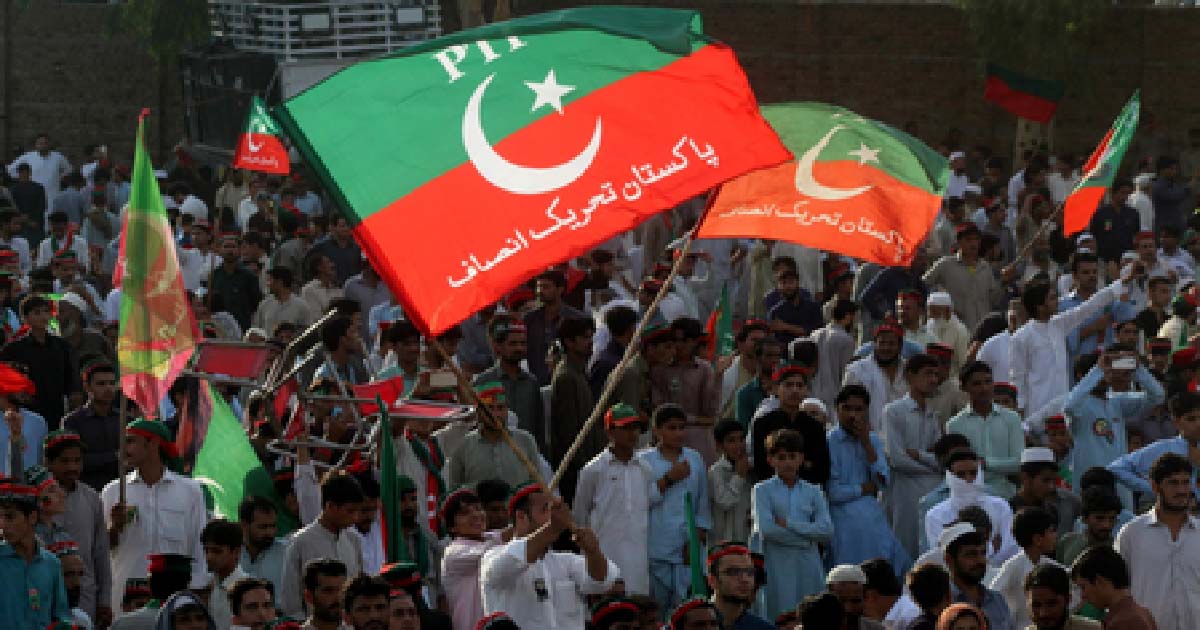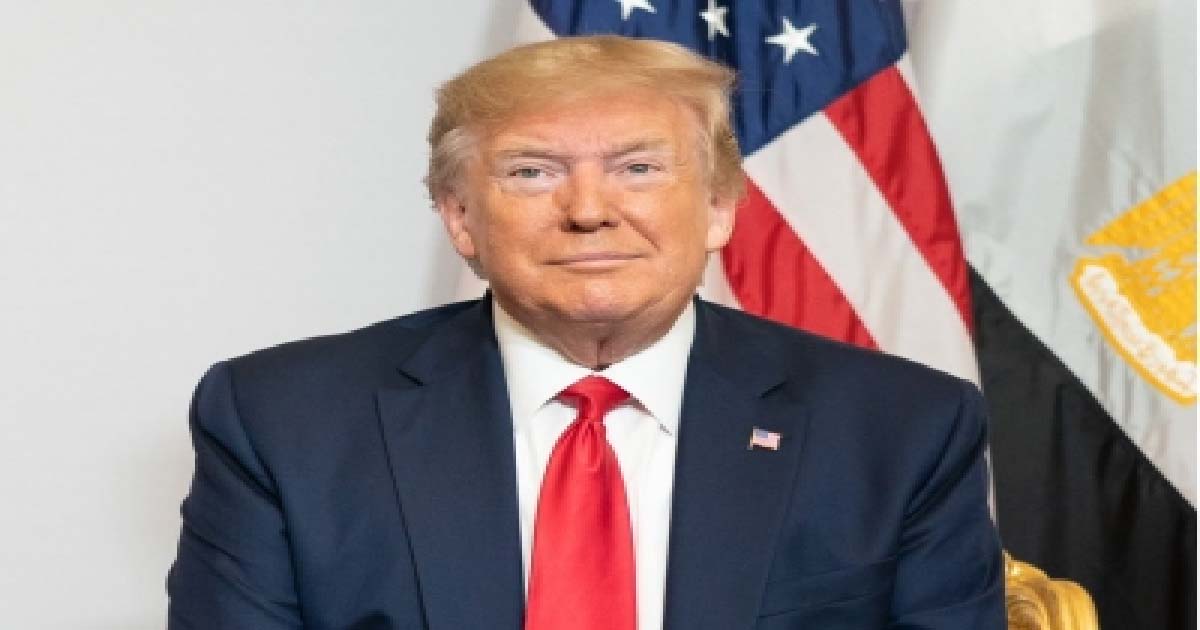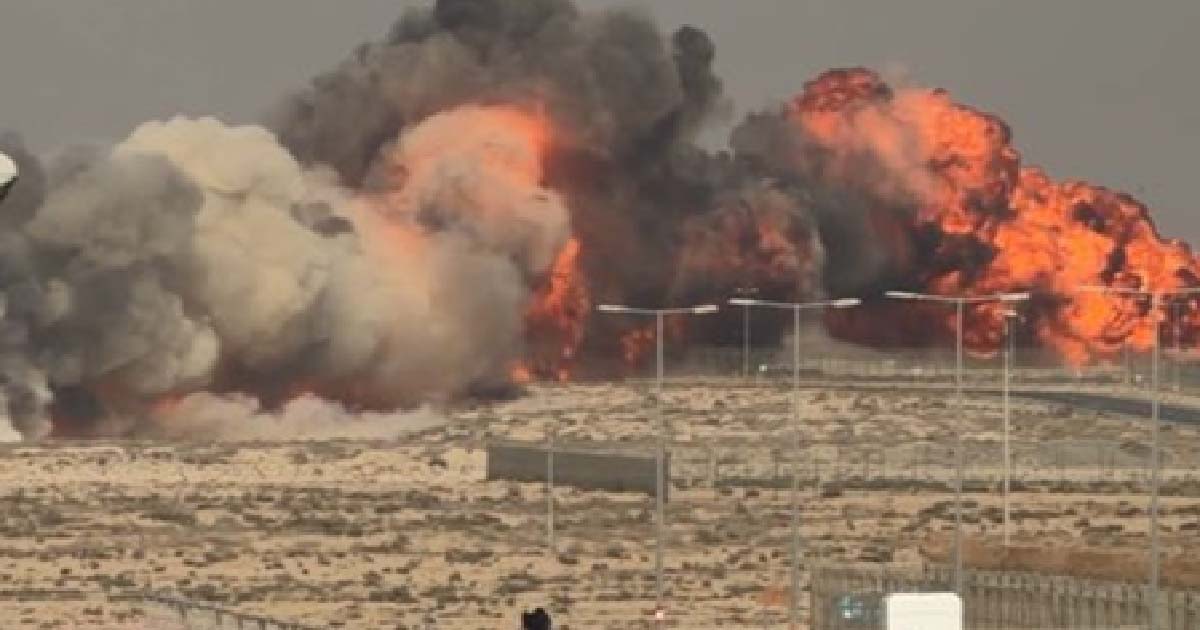International News
Invest at scale in coastal communities’ resilience: Guterres on Tsunami Awareness Day

Rising sea levels caused by the climate emergency will further exacerbate the destructive power of tsunamis, United Nations Secretary General Antonio Guterres said on World Tsunami Awareness Day on Friday.
“(Therefore) we must limit warming to 1.5 degrees over pre-industrial averages and invest at scale in the resilience of coastal communities,” Guterres said.
His mention of 1.5 degrees was with respect to the ongoing COP26, the annual climate change conference, where world leaders are negotiating climate actions and finance to bring down emissions to restrict global temperature rise to 1.5 degrees Celsius compared to the pre-industrial era.
While rare, tsunamis can have devastating and long-lasting impact on affected populations. Moreover, few coastal regions in the world are safe from tsunamis considering the multiple ways they can be triggered.
The devastating 2004 Indian Ocean Tsunami had caused nearly 2,30,000 deaths across 14 countries. That was the prompt for several countries to come together and prepare for addressing this common threat with better warnings, awareness, and preparedness to protect the vulnerable populations.
India has a vast coastline and in 2004, Andaman and Nicobar Islands, Tamil Nadu and Andhra Pradesh among others were severely impacted due to a tsunami. It prompted the National Disaster Management Authority (NDMA) to formulate Tsunami Risk Management Guidelines to outline inter-agency roles and responsibilities, tsunami risk preparedness, mitigation and response.
Calling on countries, international bodies, and civil society to increase understanding about the threat and share innovative approaches to reduce risks, Guterres said, “We can build on progress achieved – ranging from better outreach to tsunami-exposed communities around the world, to the inclusion of a Tsunami Programme in the United Nations Decade of Ocean Science for Sustainable Development. However, the risks remain immense.
Science and international cooperation – as well as preparedness and early action – must be at the heart of our efforts to save lives from tsunamis and other hazards, he said.
Boosting support to developing countries and improving detection and early warning is critical, he said, adding, “Let us work to reduce tsunami risk, deliver on the Sendai Framework, and together build resilience against all disasters.
The United Nations Disaster Risk Reduction (UNDRR) said tsunamis are the single most deadly of all sudden onset natural hazards. The UNESCO-IOC Tsunami Ready Programme aims to make 100 per cent of tsunami-prone areas tsunami-ready and resilient by 2030.
International News
India on high alert as Imran Khan rumours push Pakistan towards chaos: ISI eyes major diversionary strike

New Delhi, Nov 28: Indian Intelligence agencies have alerted the security forces to remain in a state of very high alert in the wake of the developments unfolding in Pakistan. Trouble is brewing in Pakistan in the wake of rumours relating to the death of former Prime Minister, Imran Khan.
Huge crowds are mobilising outside the Adiala Jail in Rawalpindi, where Khan is lodged. Thousands of PTI supporters have gathered outside the jail demanding that they meet with their leader.
The Pakistan Army, however has refused permission for a meeting with Khan, while also dismissing rumours about his death.
Intelligence Bureau officials say that rumours relating to the death of Khan began to circulate three days back. Since then there has been a massive build up of his supporters. If the Army does not provide proof that Khan’s supporters have been seeking, then violence is bound to engulf Pakistan.
An official said that violence is imminent in Pakistan given the current situation. For India, the spillover is the concern and trouble in the neighbourhood is never a good sign for national security.
An Intelligence Bureau official said that the ISI is already planning a series of major attacks in India, so that attention is diverted. Khan remains a very popular figure in Pakistan and if news about his death is true, then the country would witness violence of a very unprecedented nature.
It would be beyond the control of the security forces in Pakistan to control the people and eventually the country could face a civil war like situation. The Army wants to keep Imran Khan down and all issues relating to him under wraps.
However, it may not be able to sustain this for long as the people are getting anxious and are seeking answers. The ratings of the establishment in Pakistan, especially with Field Marshal Asim Munir at the helm has hit an all time low.
An official said that the people are being stopped by force and the Army does realise that a majority of the population wants the current dispensation out.
Pakistan watchers say that the people are particularly upset that the Army engineered a coup to take Khan out of power and install a dummy government under Shehbaz Sharif. There is no respect for a democratically-elected process and the people have being voicing their disgruntlement against this, experts add.
Indian officials say that the rumours relating to Khan’s death was something that the establishment did not expect. This has put the Army on the back foot. If one looks at the build up of supporters, it is massive and the Army would not be able to contain them by using force.
Officials say that the Pakistan Army would look to buy time so that it would be able to handle the situation. In order to buy time, the Army and ISI would plot attacks in India so that this would act as a diversion for sometime.
The chatter that has been picked up suggests a sense of urgency to carry out a spectacular strike in India. The ISI is not planning some small attack. It wants one on the scale of a Mumbai 26/11 or Pulwama so that the attention and focus of the Pakistan people is completely diverted, another official said.
Intelligence agencies have alerted security officials to keep a watch particularly on the eastern border. There is a lot of ISI related activity that is on in Bangladesh. Several modules have come up in collaboration between the Lashkar-e-Tayiba and Harkat-ul-Jihadi-Islami (HuJI) with the sole intention of carrying out attacks in India.
Pakistan is also planning to fly in Hafiz Saeed to Bangladesh so that he could give the members of this module a pep talks. Officials say that Saeed is always roped in to give the terrorists of his modules a pep talk just before a major attack is launched.
This was found to be the case prior to the Mumbai 26/11 attacks. Officials say that given the current situation in Pakistan, the ISI is desperate to create a diversion.
With the borders with Jammu and Kashmir and Punjab becoming harder to operate, the focus is on the modules of Bangladesh to carry out a major attack in India, officials add. Officials also add that such a diversion would give the Pakistan Army time to handle the situation relating to Imran Khan, which in turn would calm the people.
International News
Shooting fallout: Prez Trump announces plan to halt migration from Third World nations

TRUMP
New Delhi, Nov 28: Days after an Afghan national allegedly opened fire at two National Guard members near the White House, US President Donald Trump has announced a sweeping immigration decision, stating he intends to “permanently pause migration from all Third World countries.”
The proposed move, if implemented, could significantly affect millions seeking entry into the US for education, work, safety or asylum, and may reshape global migration patterns.
In a sharply-worded post on Truth Social on Thursday, President Trump stated that while the United States has advanced technologically, immigration policies over the years have weakened the country’s progress and impacted living standards.
He wrote: “I will permanently pause migration from all Third World Countries to allow the US system to fully recover, terminate all of the millions of Biden illegal admissions, including those signed by Sleepy Joe Biden’s Autopen, and remove anyone who is not a net asset to the United States, or is incapable of loving our Country, end all Federal benefits and subsidies to noncitizens of our Country, denaturalize migrants who undermine domestic tranquility, and deport any Foreign National who is a public charge, security risk, or non-compatible with Western Civilization.”
According to President Trump, the objective behind the policy is to dramatically reduce what he called “illegal and destabilizing populations.”
He argued that the only effective long-term solution is what he termed “reverse migration.”
Ending his statement, President Trump wrote: “Only REVERSE MIGRATION can fully cure this situation. Other than that, HAPPY THANKSGIVING TO ALL, except those that hate, steal, murder, and destroy everything that America stands for – You won’t be here for long.”
Earlier, US Customs and Immigration Service Director Joseph Edlow said on Thursday that under President Trump’s orders, he has “directed a full-scale, rigorous re-examination of every Green Card for every alien from every country of concern”.
India is not on the list of countries of concern, nor are others from South Asia, except for Afghanistan.
The actions followed Wednesday’s shooting rampage by Rahmanullah Lakanwal near the White House.
One of the National Guard soldiers he shot, Sarah Beckstrom, died on Thursday, while the other is in a critical condition in a hospital.
Lakanwal, who was injured before his capture, is also in hospital.
Soon after the shooting, President Trump said, “We must now re-examine every single alien who has entered our country from Afghanistan”.
Under the broadened scrutiny announced by Eldow, several hundred thousand Green Card holders from the 19 countries will be put under “rigorous re-examination”.
President Trump had put those countries under a watch list in June and restricted the issuing of visas to their citizens, expressing concern over the ability of the US to vet the applicants from there.
The other countries on the list are Burma, Chad, Republic of Congo, Equatorial Guinea, Eritrea, Haiti, Iran, Libya, Somalia, Sudan, Yemen, Burundi, Cuba, Laos, Sierra Leone, Togo, Turkmenistan, and Venezuela.
Lakanwal, who had worked with the Central Intelligence Agency (CIA) in Afghanistan, came to the US under programmes to protect Afghans who had cooperated with the US when the Taliban took over.
International News
Tejas crashes at Dubai Air Show: IAF regrets ‘loss of life’

New Delhi, Nov 21: In a tragic incident, an Indian Air Force Tejas fighter jet crashed during a demonstration at the Dubai Air Show on Friday, and the pilot lost his life.
Taking it to X, IAF said, “An IAF Tejas aircraft met with an accident during an aerial display at Dubai Air Show, today. The pilot sustained fatal injuries in the accident. IAF deeply regrets the loss of life and stands firmly with the bereaved family in this time of grief.”
It further added that, “A court of inquiry is being constituted to ascertain the cause of the accident.”
The crash occurred during the biennial Dubai Air Show, one of the world’s largest aviation exhibitions. The event has seen major announcements this week.
Notably, this is the second crash involving a Tejas aircraft, the first one being in 2024 near Jaisalmer.
In March 2024, a Tejas fighter went down in Rajasthan’s Jaisalmer, the first such accident in the aircraft’s 23-year history since its maiden test flight in 2001. The pilot ejected safely in that case.
LCA Tejas is a 4.5-generation, all-weather and multi-role fighter aircraft. The aircraft is designed to be a multi-role aircraft capable of taking up offensive air support, close combat and ground attack roles at ease.
It is also designed to undertake ground maritime operations.
At the Dubai Air Show, India and Germany, on November 19, revived high-technology defence collaboration after nearly three decades, with Hindustan Aeronautics Limited (HAL) signing a landmark contract with German state-backed sensor major HENSOLDT.
The pact, finalised on Day 3 of the event, focuses on the joint development of a cutting-edge LiDAR-based Obstacle Avoidance System (OAS) for Indian military helicopters. This breakthrough has already generated significant buzz across global aerospace circles.
The deal for this LiDAR-based Obstacle Avoidance System (OAS), signed by Indian DPSU Hindustan Aeronautics Limited (HAL) and German government-backed HENSOLDT, marks a significant return to high-technology cooperation after earlier partnerships in aerospace and maritime programmes.
-

 Crime3 years ago
Crime3 years agoClass 10 student jumps to death in Jaipur
-

 Maharashtra1 year ago
Maharashtra1 year agoMumbai Local Train Update: Central Railway’s New Timetable Comes Into Effect; Check Full List Of Revised Timings & Stations
-

 Maharashtra1 year ago
Maharashtra1 year agoMumbai To Go Toll-Free Tonight! Maharashtra Govt Announces Complete Toll Waiver For Light Motor Vehicles At All 5 Entry Points Of City
-

 Maharashtra1 year ago
Maharashtra1 year agoFalse photo of Imtiaz Jaleel’s rally, exposing the fooling conspiracy
-

 National News1 year ago
National News1 year agoMinistry of Railways rolls out Special Drive 4.0 with focus on digitisation, cleanliness, inclusiveness and grievance redressal
-

 Maharashtra1 year ago
Maharashtra1 year agoMaharashtra Elections 2024: Mumbai Metro & BEST Services Extended Till Midnight On Voting Day
-

 National News1 year ago
National News1 year agoJ&K: 4 Jawans Killed, 28 Injured After Bus Carrying BSF Personnel For Poll Duty Falls Into Gorge In Budgam; Terrifying Visuals Surface
-

 Crime1 year ago
Crime1 year agoBaba Siddique Murder: Mumbai Police Unable To Get Lawrence Bishnoi Custody Due To Home Ministry Order, Says Report












